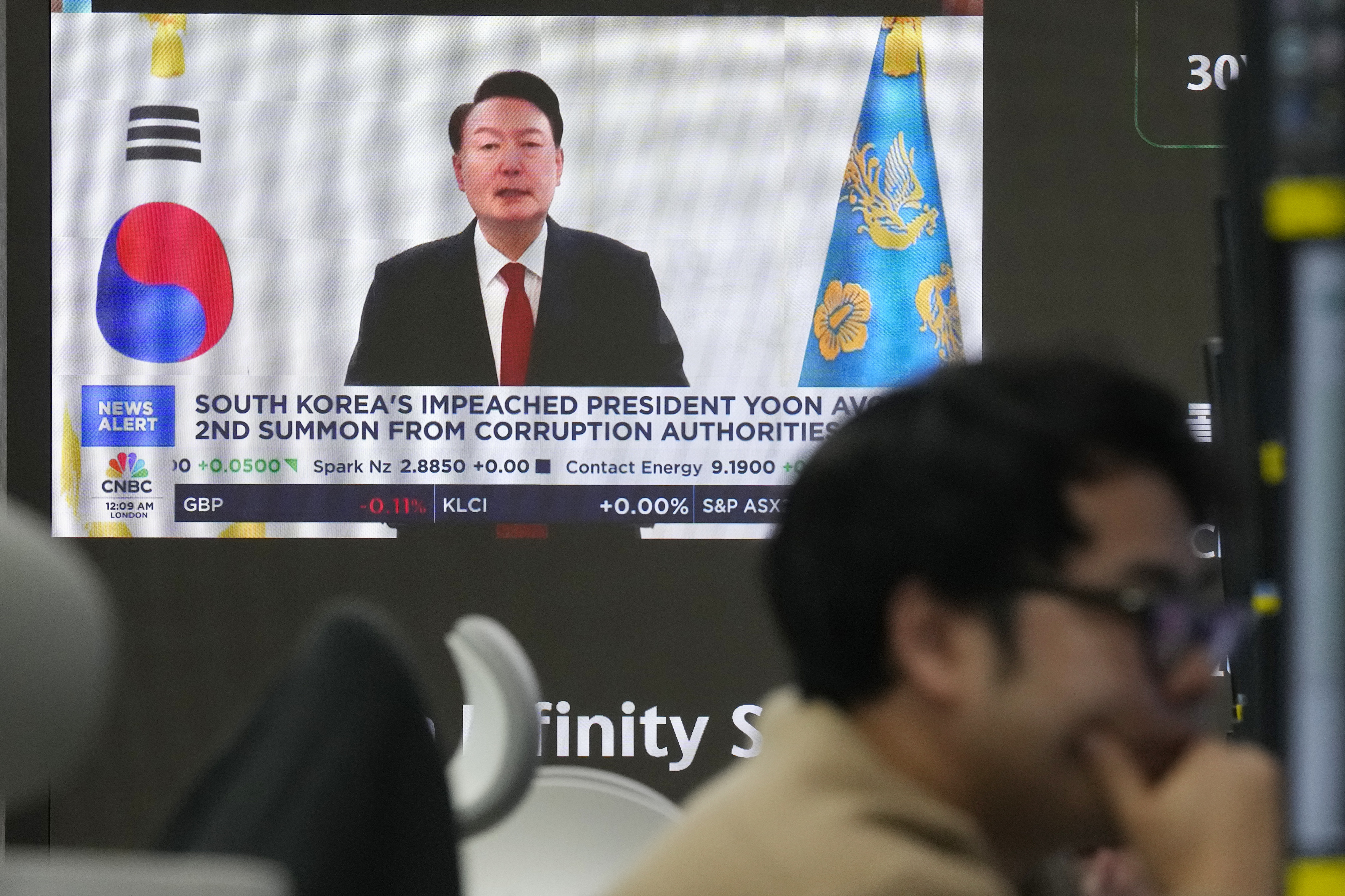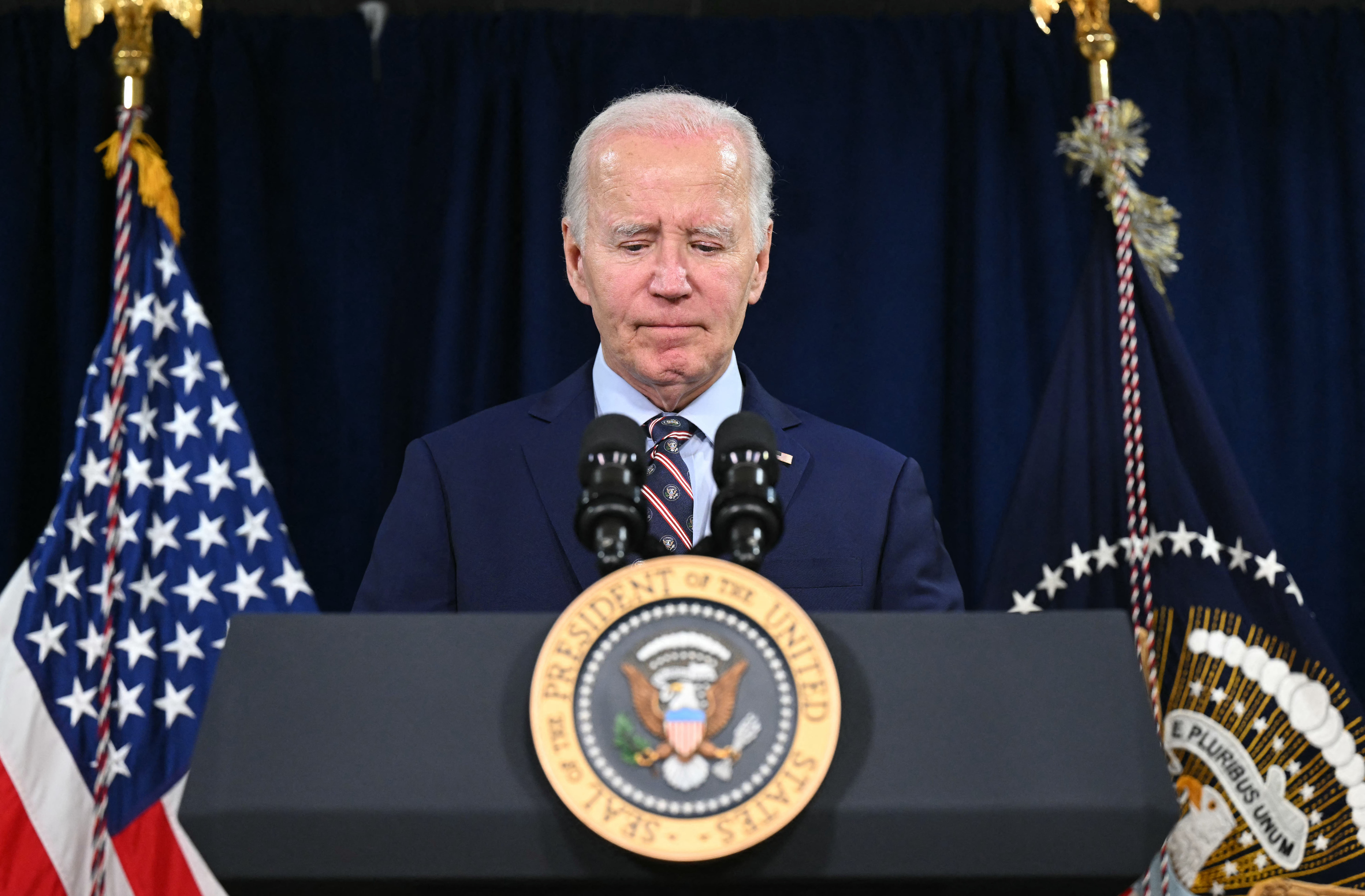
Attorney John Eastman gestures as he speaks next to U.S. President Donald Trump’s personal attorney Rudy Giuliani, as Trump supporters gather ahead of the president’s speech to contest the certification by the U.S. Congress of the results of the 2020 U.S. presidential election on the Ellipse in Washington, U.S, January 6, 2021.
Before the Capitol riot, lawyer John Eastman acknowledged that the U.S. Supreme Court would likely unanimously dismiss his legal theories on why the vice president had the right to reject the results from the Electoral College giving Joe Biden a victory.
Greg Jacob, the general counsel to Vice President Mike Pence, asked him on Jan. 5, “Wouldn’t we lose 9 - 0 in the Supreme Court?”
Eastman initially started to say that maybe two justices would support him but then agreed, Jacob told the Jan. 6 House committee on Thursday.
“No judge would support his argument,” Jacob said.
We've got the news you need to know to start your day. Sign up for the First & 4Most morning newsletter — delivered to your inbox daily. >Sign up here.
The day before, on Jan. 4, Eastman outlined his theories during a meeting with the president and the vice president. He argued that when Congress met to count the Electoral College votes, with Pence presiding, the vice president could reject the votes outright or suspend the joint session of Congress, declare a 10-day recess and demand that legislatures in states in dispute re-examine the election and declare a winner. The number of such states varied from five to seven, Jacob said.
“He said that both of those were legally viable options,” Jacob said.
Eastman did not recommend what he called the more aggressive option, flat out rejecting the electoral votes, because he thought it would be less politically palatable, Jacob said.
U.S. & World
The day's top national and international news.
“The imprimatur of state legislature authority would be necessary to ultimately have public acceptance of an outcome in favor of President Trump and so he advocated that the preferred course of action would be the procedural route of suspending the joint session and sending the election back to the states.
When Jacob pointed out that both paths would violate the Electoral Count Act, Eastman acknowledged that was the case but he did not believe that the act was unconstitutional.



